Elsevier named a Best Company for Women and Diversity
17 de dezembro de 2020
Por Catherine Adenle
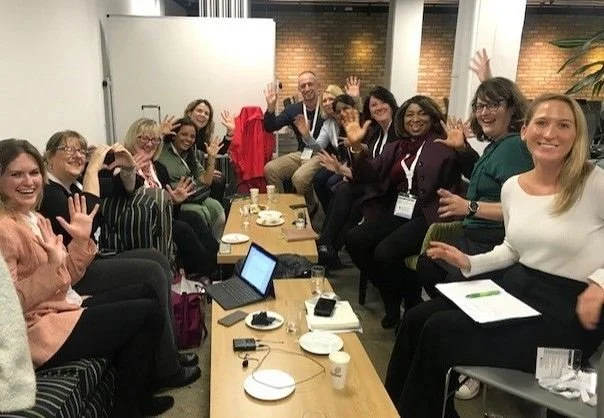
2020 Comparably Awards recognize Elsevier as a “Best Company” for Women and Diversity — based on employee surveys
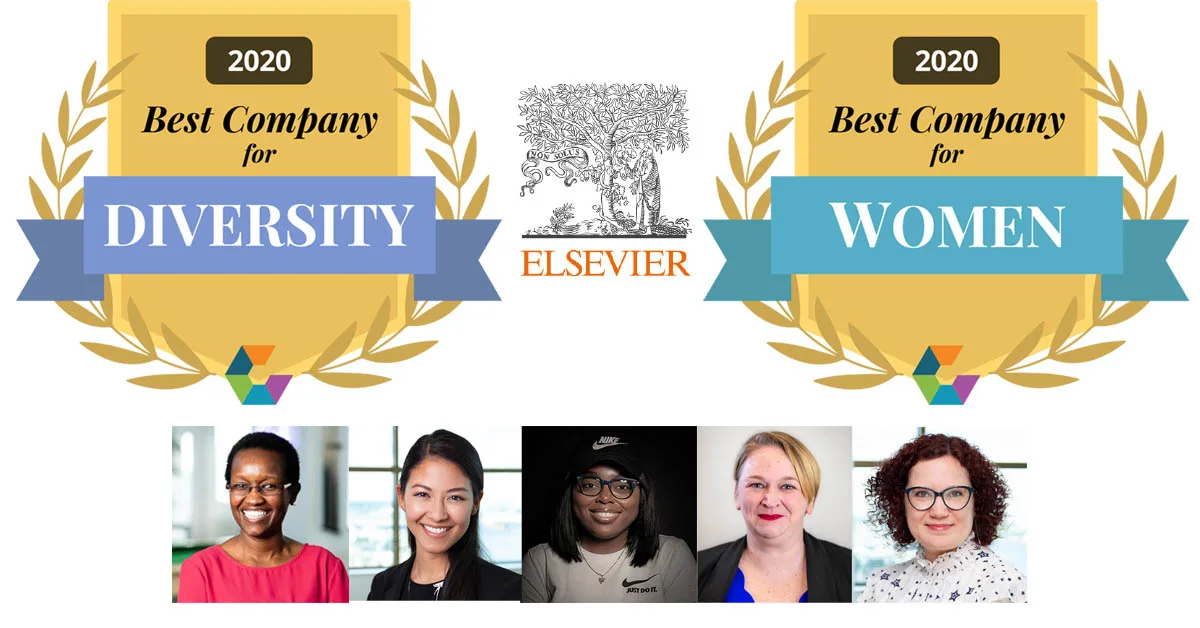
This week Comparably, the global workplace culture and compensation monitoring site, announced the winners of its 2020 Best Places to Work Awards. I’m delighted to say that Elsevier has been named among the top 50 Best Companies for Women and Best Companies for Diversity.
One of the things that makes this recognition especially meaningful is that the Comparably awards are based on the opinions of those that matter most — the people who work here.
That's the driving force behind these awards, according to Comparably Co-Founder and CEO Jason Nazar abre em uma nova guia/janela:
At Comparably, we believe that employees provide the truest reflection of a company’s culture. Across the tens of thousands of companies that we monitor, Elsevier is among the best employers of 2020. The direct feedback from the team is that it is a place where women can thrive and diversity is respected and celebrated.
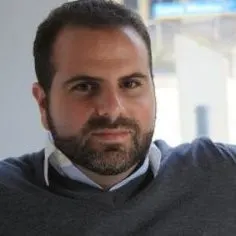
Jason Nazar, Comparably CEO
We aim to ensure that Elsevier is a great place to work: where employees feel valued, have equal opportunities and benefit from pay equality, regardless of their gender, gender identity, national origin, race, ethnicity, religion, sexual orientation, age or disability status. It’s heartening to hear that we’re succeeding at that.
Visit Elsevier's Comparably page abre em uma nova guia/janela
Given the importance of employees’ voices in deciding the outcome of these awards, I wanted to highlight some of the feedback we’ve heard recently from Elsevier staff on these topics.
“Diversity and inclusion are in the heart of Elsevier culture.”
Phylicia Harvey, a Continuing Education Specialist based in Philadelphia, recently wrote about inclusion and diversity at Elsevier, saying it was her top requirements for any company:
I am so proud to work for a company like Elsevier that is passionate about diversity and inclusion, and one that’s making a positive impact on society and customers through so many unique contributions.
From an employee angle, I truly believe that diversity and inclusion are in the heart of Elsevier culture. The company understands the importance of having people engaged from a wide range of backgrounds, experiences and ideas to achieve real innovation for our customers globally.

Phylicia Harvey, Continuing Education Specialist
She also highlighted some of the ways Elsevier supports inclusion and diversity, including our acknowledgement that Black Lives Matter and our actions to shed light on racial and social equity. She talked about Elsevier’s work to promote inclusive language and phase out inappropriate terms that were deemed racist or non-inclusive on various platforms, as well as our partnership with Black Women in Science and Engineering (BWISE) abre em uma nova guia/janela to bridge the leadership gap for Black women in STEM.
“An ERG allowed someone to feel safe and be their authentic self at work.”
Another way we support inclusion and diversity is through our Employee Resource Groups (ERGs). We have 70 ERGs across the globe, including women’s forums, Pride groups and the African Ancestry Network, These voluntary employee-led groups build support for colleagues with shared life experiences or characteristics, helping to foster a diverse workplace and provide support and visibility for employees.
Moira Bohannon, a Developmental Editor and co-chair or Elsevier Pride in Philadelphia, shared a story recently on the difference Pride made to one of her colleagues:
Having ERGs openly supported and celebrated allows people to bring their whole selves to work. After a June Pride event a few years ago, attended by nearly 100 people, a coworker came up to us and said they had never been out at work, and seeing the support for Pride made them comfortable to begin to come out here. I think it’s a really powerful statement that an ERG allowed someone to feel safe and be their authentic self at work.
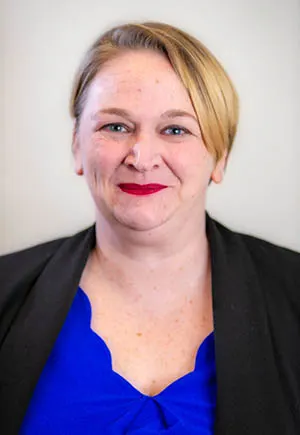
Moira Bohannon, Developmental Editor and co-chair or Elsevier Pride
That spirit of support was conveyed in comments by Software Engineer Mercedes Hall, Co-President of the African Ancestry Network Philadelphia, when that chapter first started:
It was really beautiful to see the outpouring of positivity and support from both folks of African Ancestry and caring allies alike.
“Flexitime really made a difference.”
We’ve also had a lot of positive feedback about our flexible working culture, which gives people the opportunity to succeed while balancing work with their personal life. In the words of Editorial Project Manager Sara Valentino:
I am proud of the support that Elsevier is giving to its employees — allowing for even further flexibility and taking care of our wellbeing on so many levels as we continue to work from home towards our targets to meet Elsevier’s strategy.
For Nelly Lukwo abre em uma nova guia/janela, Reporting Lead for Customer Analytics, Global Customer Services, flexible working enabled her to complete her degree at Oxford University. She wrote about her Elsevier experience in September:
That flexitime really made a difference. My manager agreed that I could do five days in four. This meant longer days Tuesdays through Friday, but it was a sacrifice I was willing to make so I could complete my degree. … In conclusion, Elsevier is a great place to work, and I will encourage anyone within and outside my network to join us.
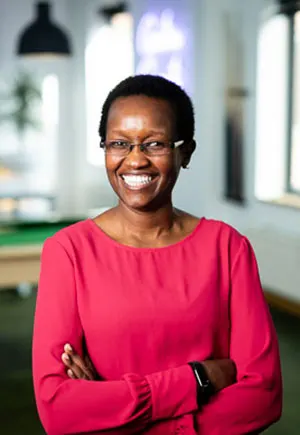
Nelly Lukwo, Reporting Lead for Customer Analytics, Global Customer Services
Learn more
You can read about our work in gender equality and discover more about our approach to inclusion and diversity and what it means for our people. You can also find out more abut working for Elsevier on our Careers hub.
Contribuidor

CA
Catherine Adenle
Senior Director, Employer Brand
Elsevier